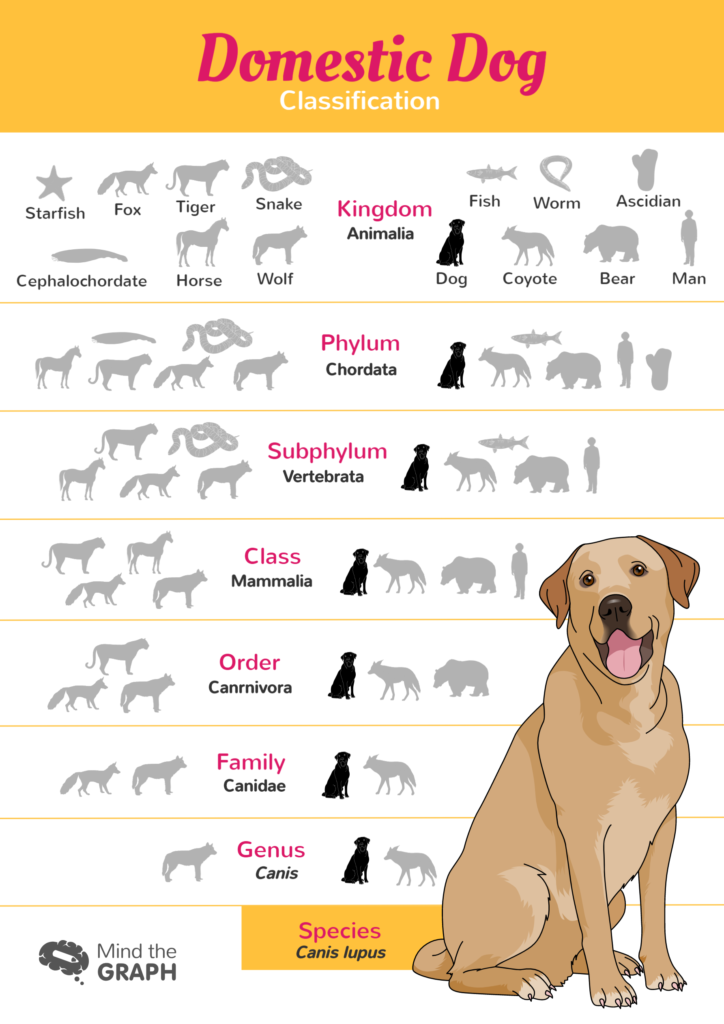Dogs in childcare get lots of exercise, socializing with other dogs and one-of-a-kind experiences. This can be specifically practical for young puppies and dogs with behavior problems.
There are numerous legal considerations you need to take into consideration when beginning a dog daycare business. These include the framework of your service and conformity with federal government guidelines.
1. Pooch Distemper
Canine distemper is spread out via straight contact with the bodily fluids and waste of an infected canine, however it can likewise be transferred by means of common water and food bowls or via air-borne beads. This very transmittable illness is most harmful for puppies, but it can impact dogs of any kind of age and is deadly for the majority of if left untreated.
Initial symptoms of canine distemper often imitate a common cold, including runny eyes and nose with watery or pus-like discharge. As the disease progresses, a dog will certainly develop high temperature, coughing, lowered cravings, throwing up and looseness of the bowels. The infection can also attack the nervous system, resulting in seizures, twitching and partial or full paralysis.
Reputable daycares reduce exposure to infection by requiring inoculations, regular health examinations and comply with stringent hygiene protocols. If your pup appears extremely weary or hopping, a day off might assist him recuperate, however you ought to avoid taking him back to daycare until these symptoms clear.
2. Kennel Coughing
Kennel coughing, likewise referred to as contagious canine tracheobronchitis or Bordetella, is an extremely contagious viral or bacterial disease that influences the respiratory system system. It's frequently transferred through the exchange of saliva or air beads that an unwell pet dog exhales. Social dogs go to greater danger for infection because of their frequent communication with each other, such as when they play, share food or water, sniff one another or simply meet in a jampacked setting like a pet dog park or day care.
The most common signs and symptom of kennel coughing is a consistent and forceful cough that seems like something embeded the throat or retching. Frequently, canines will certainly divulge foamy white phlegm. If left neglected, a dog can create pneumonia and be at serious threat forever.
A respectable day care center need to have stringent cleaning and hygiene methods, sterilize all toys, food and water bowls consistently, and be open regarding their vaccination plans. Keeping your canine approximately day on their vaccinations, specifically for bordetella and canine flu, will significantly reduce their opportunities of acquiring the disease.
3. Parvovirus
Canine parvovirus, or parvo, is a very infectious viral illness that can be harmful for young puppies and young person canines with poor body immune systems. It's most typically spread out by direct contact with best boarding for dogs near me infected pet dog feces-- which can happen when pets sniff, lick, or preference infected feces-- and indirectly from contaminated individuals, objects, or settings (like kennels, grooming areas and yards). Pups and pet dogs without complete inoculation histories are specifically vulnerable to parvo.
The infection is very resilient, making it through in the environment for as much as 9 years, and can quickly be transferred in between dogs by get in touch with through feces or on footwear, clothing, and bed linens contaminated with parvovirus. Otherwise treated promptly with IV fluids, electrolyte equilibrium, vomiting control drugs and antibiotics to avoid secondary bacterial infections, a pet will rapidly dry out and create severe looseness of the bowels, which leads to shock and blood poisoning. Parvo is difficult to treat as soon as a dog has actually come to be ill, but with proper vet care, several puppies do endure this illness.
4. Dog Flu
Canine flu virus is extremely transmittable and spreads through straight contact, sharing food and water bowls, licking or nuzzling other pets, through air-borne droplets, and with infected surfaces. Inoculation works in reducing the danger of infection and episodes.
Most impacted pets develop a moderate respiratory system infection with a cough that lasts 1-3 weeks. They might additionally have nasal and ocular discharge, sneezing, and lethargy. Several of one of the most major situations cause pneumonia and a high fever.
If your dog displays any one of these symptoms, do not bring them back to day care till they are healthy. If your pet dog is showing indications of extreme exhaustion or limping, speak to your vet as soon as possible and ensure they get on health supplements to aid develop their resistance. A veterinarian will certainly assess your pet for signs of the influenza by taking a sample from the nose or throat, and blood examinations can be done to confirm.
